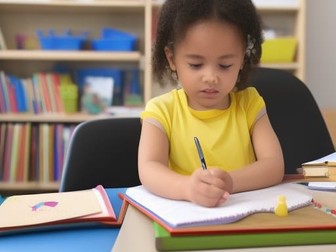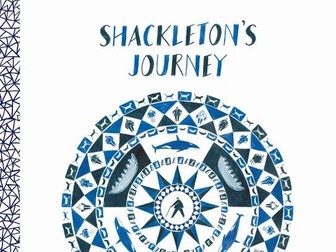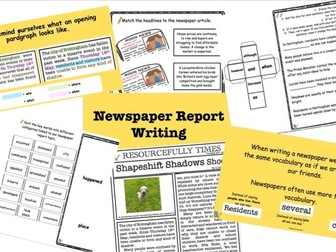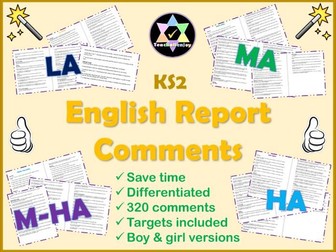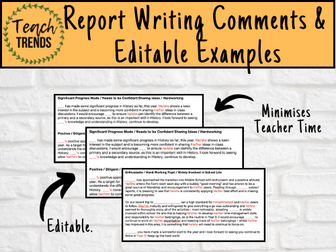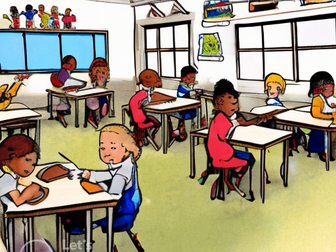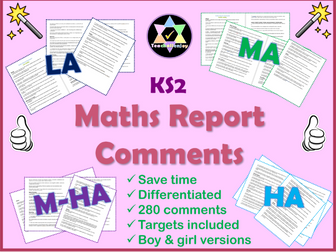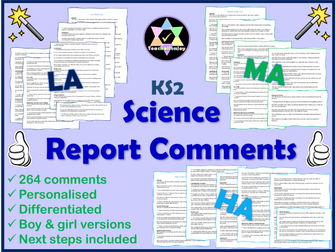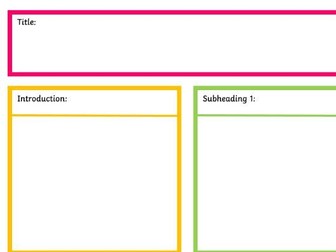
EYFS Report Writing Statements 2023
Introducing the Ultimate Time-Saver for EYFS Teachers: Our Bank of Report Writing Statements!
Are you tired of spending countless hours crafting individualised reports for each of your early years students? Look no further! Our comprehensive bank of report writing statements is here to revolutionise your report writing process and save you valuable time.
With our extensive collection of differentiated statements, tailored specifically for the EYFS curriculum in England, you’ll have a wealth of options at your fingertips. Each statement is carefully crafted to cater to lower attainers, those who have achieved the EYFS goals, and even those who are exceeding expectations. We understand the importance of recognising each child’s unique abilities and progress.
What sets our bank of statements apart is its user-friendly design. Simply browse through the extensive range of statements and select the ones that best reflect each child’s progress and achievements. And the best part? All the statements are fully editable, allowing you to customise them to suit your exact needs. You’ll have the flexibility to include practical examples and tailor the statements to match your observations of each child.
Furthermore, our statements are fully aligned with the EYFS curriculum, ensuring that every comment is directly linked to the relevant learning objectives. You can be confident that your reports will showcase the child’s progress accurately, while also demonstrating your adherence to the curriculum guidelines.
Don’t let report writing bog you down any longer. Invest in our bank of report writing statements today and experience the freedom and efficiency it brings. Enjoy more time for teaching and engaging with your students, knowing that their reports will be a true reflection of their growth and accomplishments.
